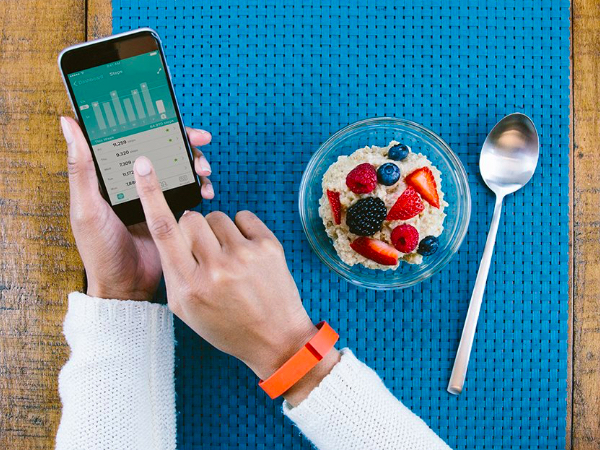Despite the hype surrounding Magic Leap’s epic new funding round and valuation for its still-unlaunched augmented reality device, there is a clear winner in the existing wearables market.

Fitbit, provider of fitness trackers and other wearable technology, accounted for 79 percent of sales of activity trackers in 2015, according to newly released data from market research company NPD Group. The wearables company has not only been the market leader in this space since 2014, but it managed to expand its dominance by 20 points last year even while new entrants try to compete.
All this means that, (again) in spite of the hype, the Apple Watch (launched last April) hasn’t made much headway in terms of market penetration.
NPD’s latest data estimated fitness tracker ownership in the U.S. at 33 million devices at the end of 2015, while smartwatch ownership (not just Apple’s iteration but even traditional watches with smartphone integration) has reached 13 million devices. Remarkably, the firm says more people are aware of the smartwatch category (83 percent) than the the fitness tracker category (75 percent), likely thanks to Apple’s marketing clout and sizable promotion for the Apple Watch.
Because of the level of awareness for smartwatches, NPD expects significant growth for the category in the coming two years, with an expected overall ownership of 30 million devices by the end of 2017. Likewise, the fitness tracker category should also grow more since it still has inroads to make in promotion and overall awareness.
“Despite slightly lower overall awareness of the fitness tracker category, fitness trackers are still showing strong sales and ownership, which shows that the category still has more headroom for growth, while strong awareness has not yet translated into more robust sales for smartwatches,” said Weston Henderek, Director of NPD Connected Intelligence.
Overall, NPD says the wearables market is growing: in 2015, annual dollar sales grew by 110 percent, unit sales grew by 85 percent, and average selling price (ASP) grew from $96 to $109. Fitbit’s main competitors in the fitness wearable space include Nike, Jawbone, and Garmin.
Two categories of products noticeably absent from the firm’s analysis are augmented and virtual reality products, which makes sense: the only currently available product on the market is the Samsung Gear VR. As for future forecasting, a spokesperson at NPD told us expectations around the market for virtual and augmented reality devices remain mixed.
Valued at $4.5 billion and having raised over a billion dollars from several top-tier investors, Magic Leap has set sky-high expectation for its mysterious product, still under wraps. It will be interesting to see if, in the coming years, devices for augmented or virtual reality can unseat fitness trackers as the market leading seller for wearables.
















